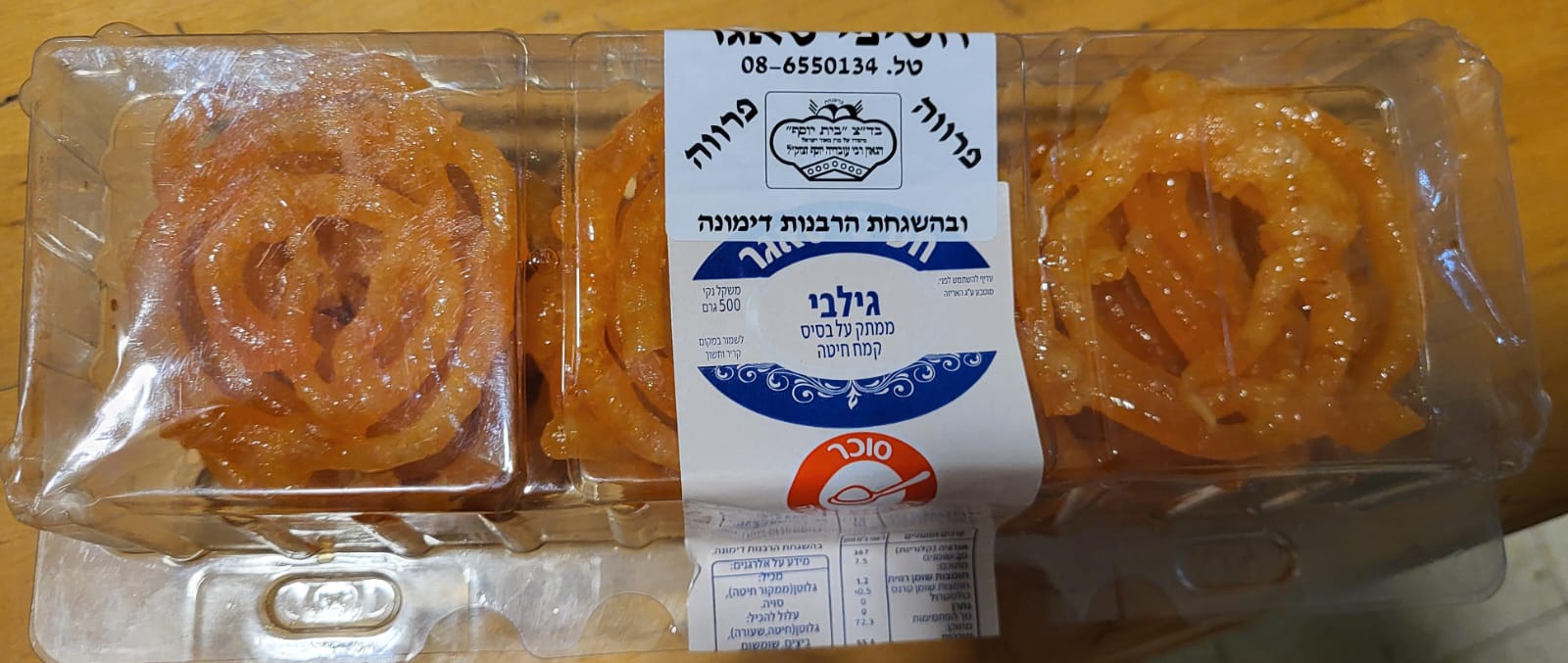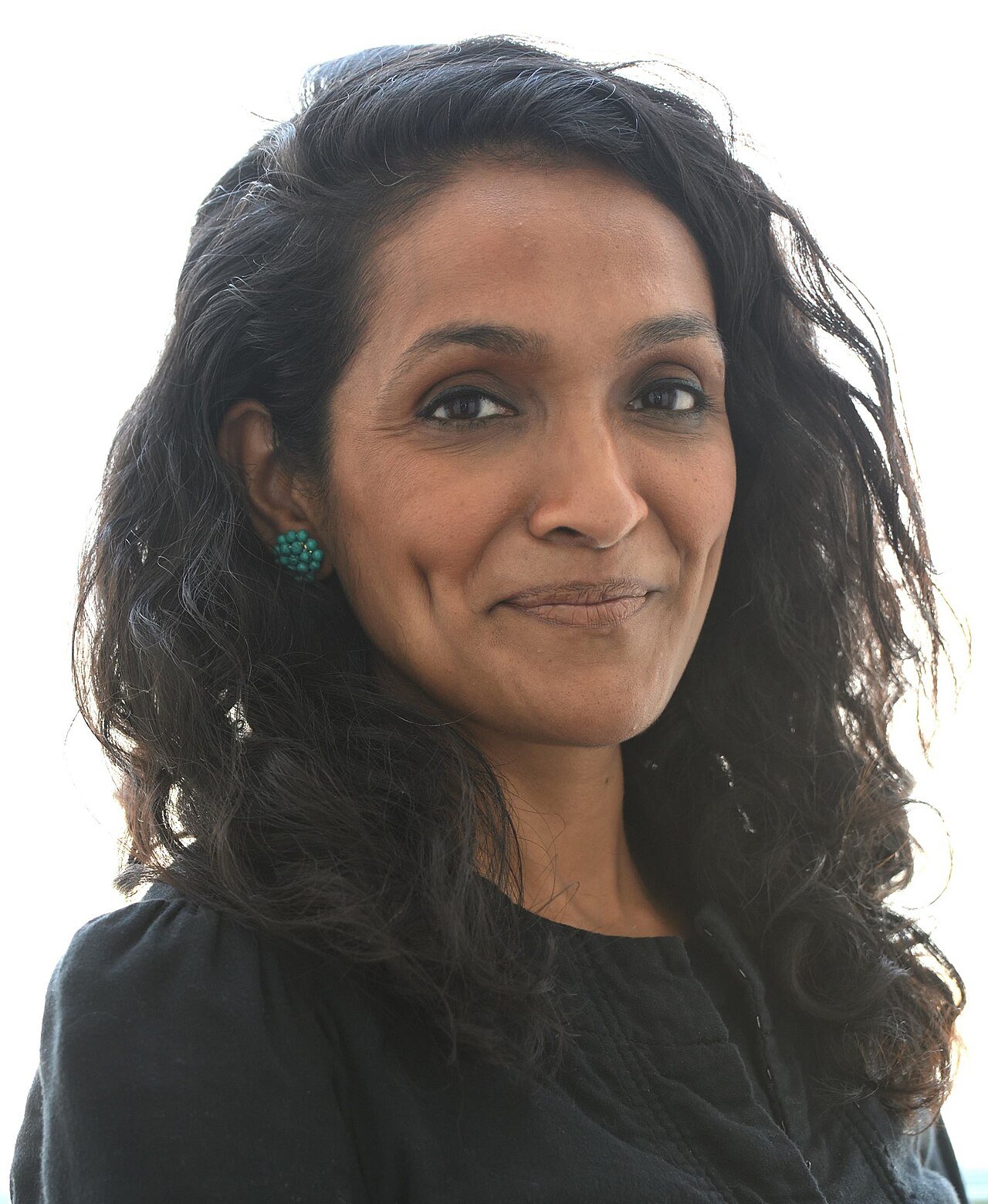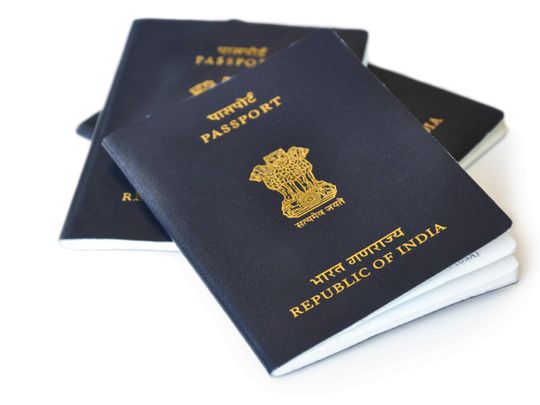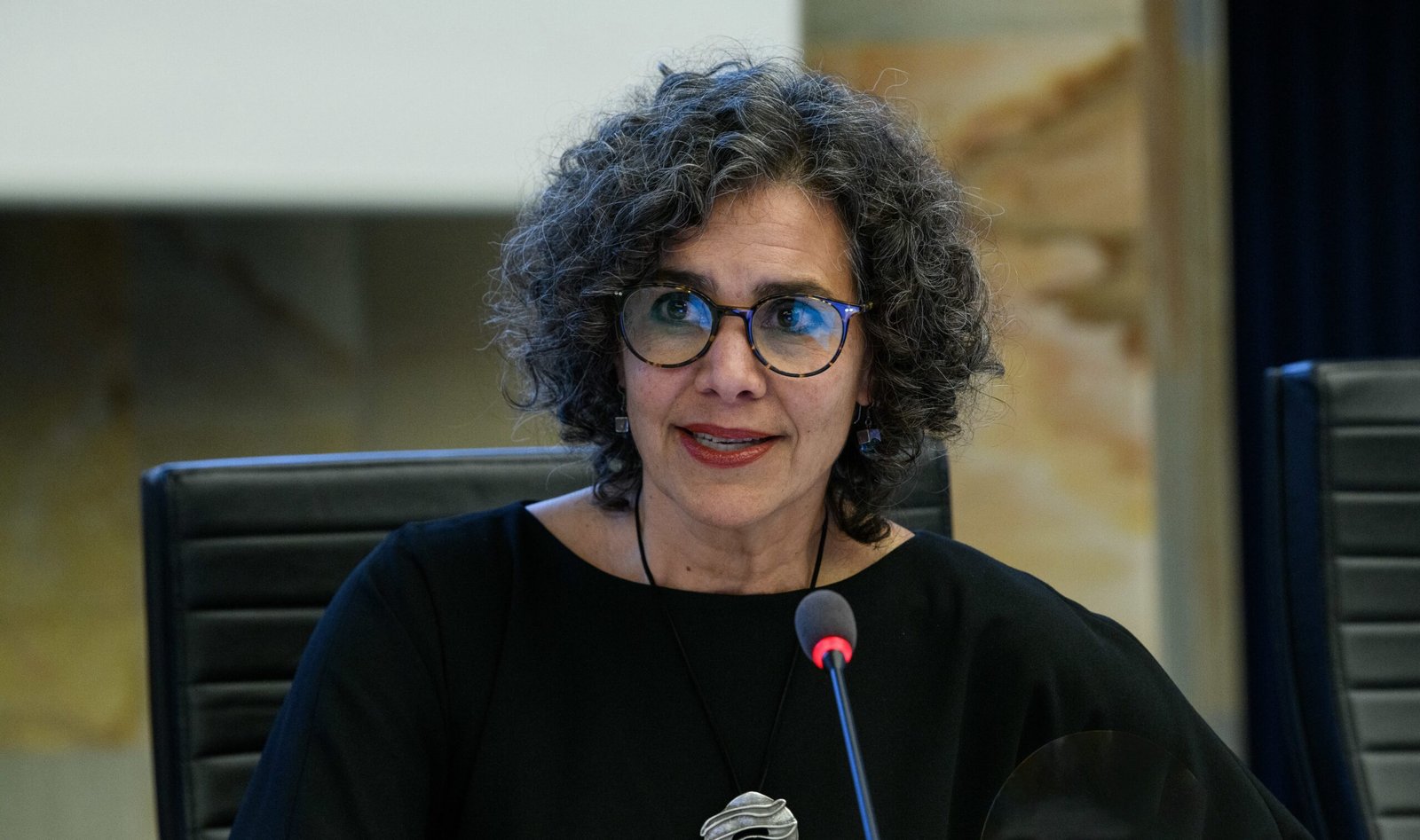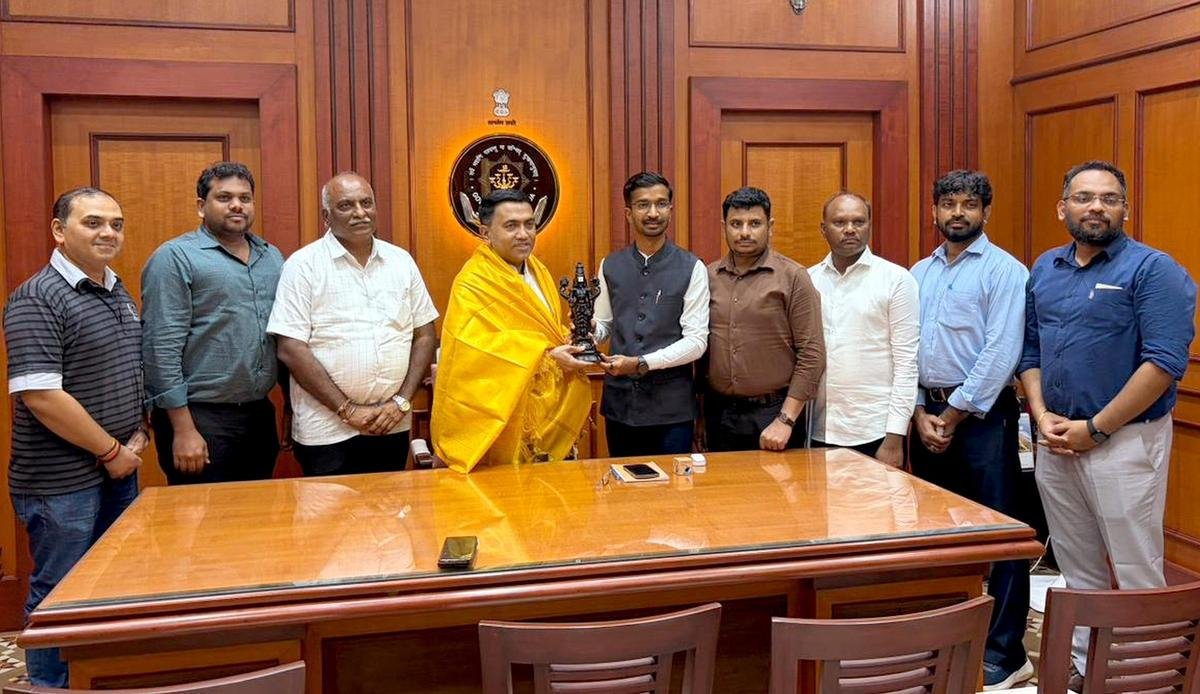Pravasi Samwad publishes Kadanthodu’s blog that appeared in the timesofisrael.com.
Suraj Rajan Kadanthodu, is currently enrolled as a PhD Student at the Department of Israel Studies, University of Haifa, Israel, has put down his thoughts about how Indian flavours have travelled with the diaspora.
My journey as a researcher studying the Indian Jewish communities took me to different parts of Israel, and along the way, I encountered a unique and heartwarming connection—food. In June, during my first visit to Ramle, in the Central district of Israel, I met a member of the Bene Israel community who, after our conversation, took me to an Indian store nestled in the bustling market. Being far from home for many months, the sight of Indian spices, snacks, and products instantly transported me back to home. Among the familiar goods, my eyes landed on a packet of Aloo Bhujia, a beloved potato-based snack. I couldn’t resist picking it up, bringing it back to Haifa, and sharing it with friends who joined in my nostalgia.
Months later, I found myself in Dimona, a town affectionately known as “Little India.” This city holds a special place for the Indian Jewish diaspora, where the customs, traditions, and flavors of India are alive and thriving. My visit with a community member there ended on a particularly sweet note—quite literally. As I prepared to leave, my host, exemplifying the classic warmth of Indian hospitality, insisted I take something with me. She handed me a box of Jalebi, the iconic sugar syrup-soaked dessert, ensuring that I didn’t leave empty-handed. Her gesture instantly reminded me of an age-old saying, “We may be Israelis now, but the Indian in us remains.” Her words resonated deeply, as they encapsulated the profound truth that migration, despite its many challenges, cannot erase the cultural essence that people carry within them. Traditions, particularly those revolving around food, serve as a tangible connection to one’s roots, even in a foreign land.
As we went deeper into the conversation, I learned that she and her husband had established a small business—a factory producing Indian snacks, aptly named Sagar, meaning ‘sea’ in Hindi. Curious, I asked if the name was inspired by the famous Bollywood song Sagar Kinare, evoking memories of India’s love affair with cinematic romance. With a hearty laugh, her husband replied, “No, but maybe it should’ve been!” That moment of shared humor and cultural nostalgia made me realize how immigrants adapt, innovate, and celebrate their heritage in new ways, without ever truly losing the essence of where they come from.
These interactions made me realize that, immigrants carry more than just memories and dreams when they move—they pack their food, their tastes, and their culture in their metaphorical backpacks. These culinary traditions thrive and evolve, blending with the new environments they settle in. I cannot help but imagine Israelis, alongside their beloved Bamba during evening coffee, adding Indian Mixture and Bhujia to their snacking repertoire. And just as they indulge in Crembo during the winter, perhaps they might also enjoy a bite of Jalebi or Ladoo, both sweet symbols of Indian heritage.
One instance of culinary fusion left a lasting impression on me. A second-generation Israeli with an Indian father and a Hungarian mother presented me with something I had never encountered before: Peda Ice Cream. A deliciously innovative creation, blending the Indian sweet Peda into ice cream. I am quite sure no one in India has thought of such a combination before—it is an invention made possible only in the diaspora, where cultures collide and create something new. I could not help but think that Golda Ice Cream, a popular Israeli chain, should include this flavor in its offerings. After all, what better tribute to the Indian culinary heritage thriving in Israel?
On one of my journeys through Israel, I stumbled upon something that immediately caught my attention—Toasted Bread from a well-known Israeli brand, Neeman. At first glance, it looked quite familiar, and as I examined it more closely, I realized it was the Rusk, a beloved tea-time staple in India. In India, Rusk is synonymous with the perfect companion to a cup of evening chai, right after the nation’s favorite biscuit, Parle-G. Finding this familiar item on the shelves of an Israeli supermarket gave me an unexpected jolt of nostalgia. But what intrigued me even more was where it was made. Curiosity led me to investigate further. To my delight and surprise, I discovered that this Rusk was produced in Sonipat, Haryana, India, and then exported to Israel. It was remarkable to think that a small town in Haryana was sending its products across the world to land in Israeli supermarket shelves. Never had I imagined that I would find such a quintessential piece of home here, thousands of miles away. In many ways, it is not just a product—it is a symbol of the global journey of tastes and traditions. It speaks to the migration of cultures and how food, much like people, finds new homes and new identities in distant lands.
In Israel, the Indian community may be small, but through their cuisine, festivals, and hospitality, they have left an indelible mark on the country’s cultural fabric. Initiatives like Google’s Food Mood project, which uses AI to create fusion dishes, are a testament to the evolving culinary landscape that combines Indian and Israeli flavors in innovative ways. Dishes like Biryani and Shawarma, or Vada Pav and Falafel, reflect how food transcends cultural boundaries, uniting people in unexpected and delicious ways
Through these experiences, I have come to understand that food has a remarkable power—it bridges divides, sparks conversations, and creates connections. More than a simple necessity, it embodies the essence of migration and integration. In a world where people often associate food with specific regions or communities, claiming ownership over dishes, we need to remember one of the fundamental tenets of the culinary arts: food is for everyone. It is open and adaptable, free to be shared, embraced, and reimagined. In Israel, as in many other parts of the world, food tells the story of its people. Each dish is a reminder of where we come from, yet it also speaks of where we are now and where we are going. As cultures blend, as new generations grow, food serves as both a connection to the past and a bridge to the future.
The Indian community in Israel may be small, but through their food, festivals, and the unmistakable warmth of their hospitality, they have left an indelible mark on the cultural tapestry of the Israeli nation. One remarkable example of this cultural blending is an innovative project by Google called Food Mood, which uses AI to combine two different cuisines into unique recipes. It is a brilliant step forward in creating fusion dishes that reflect the evolving culinary landscape, and it is especially helpful in producing creative Indo-Israeli cuisines. Food has a remarkable way of uniting us in ways we often would not anticipate.
Just as Biryani can coexist harmoniously with Shawarma, so too can Vada Pav find its place alongside Falafel on the same table. These seemingly different dishes from distinct cultures complement each other beautifully, showing that food transcends the barriers that often divide us. It is through food that we celebrate our histories, honor our identities, and embrace the new worlds we create together.
***********************************************************
Readers
These are extraordinary times. All of us have to rely on high-impact, trustworthy journalism. And this is especially true of the Indian Diaspora. Members of the Indian community overseas cannot be fed with inaccurate news.
Pravasi Samwad is a venture that has no shareholders. It is the result of an impassioned initiative of a handful of Indian journalists spread around the world. We have taken a small step forward with the pledge to provide news with accuracy, free from political and commercial influence. Our aim is to keep you, our readers, informed about developments at ‘home’ and across the world that affect you.
Please help us to keep our journalism independent and free.
In these difficult times, running a news website requires finances. While every contribution, big or small, will make a difference, we request our readers to put us in touch with advertisers worldwide. It will be a great help.
For more information: pravasisamwad00@gmail.com

